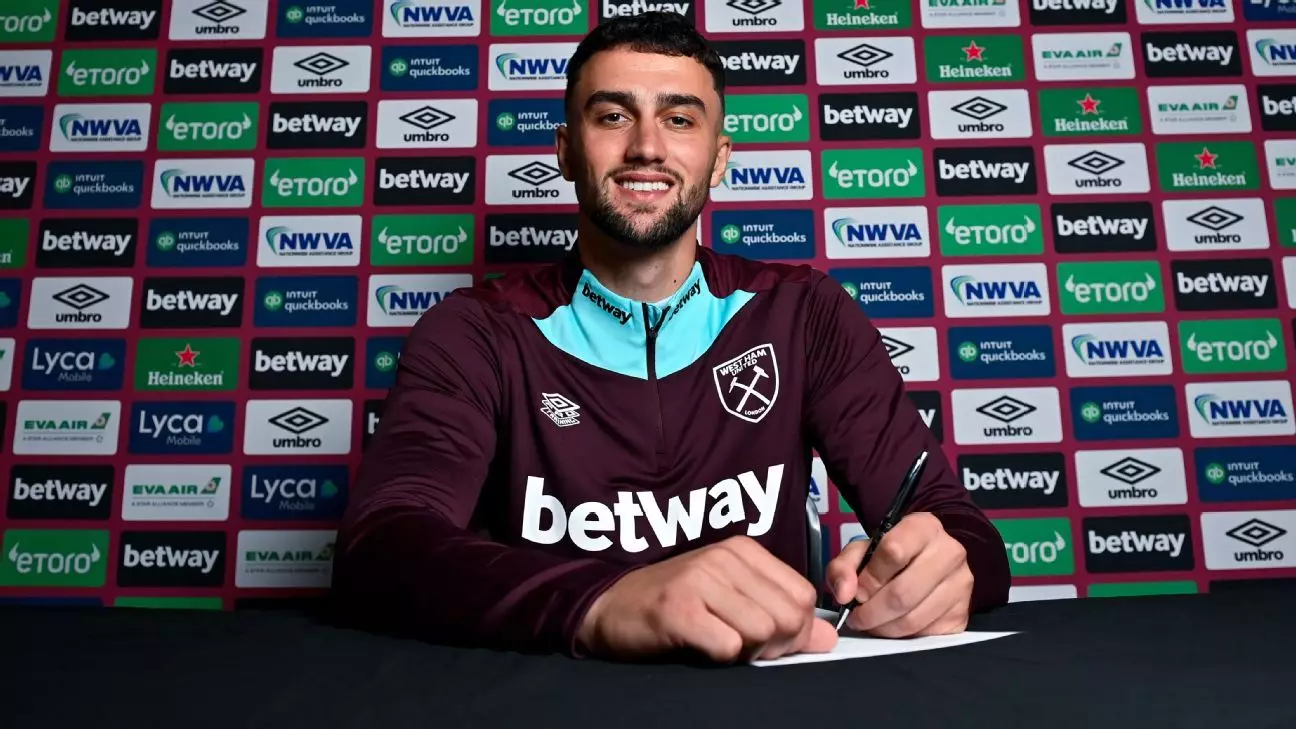The world of football transfers has seen a significant shift in recent years, with small clubs benefiting immensely from future transfer clauses. These clauses have the potential to change the financial landscape of these clubs and offer hope to young footballers in non-league football.
Maidenhead United struck gold when Max Kilman made a £40 million move from Wolverhampton Wanderers to West Ham United. This transfer not only changed the trajectory of Kilman’s career but also had a profound impact on Maidenhead United. The non-league club had inserted a clause in Kilman’s contract, entitling them to a percentage of any future transfer fee. This decision paid off handsomely, potentially transforming Maidenhead United into a fully professional club for the first time.
Lessons for Small Clubs
The success story of Maidenhead United serves as a beacon of hope for small clubs across the football pyramid. It highlights the importance of forward planning and strategic negotiations in securing future transfer clauses. These clauses can provide a lifeline for clubs struggling with financial constraints and limited resources, allowing them to reinvest in their youth development programs and infrastructure.
The Impact Beyond Maidenhead
Maidenhead United is not the only club to have benefited from future transfer clauses. Clubs like Exeter City, Maidstone, Barnsley, and Queens Park Rangers have all reaped the rewards of well-thought-out transfer negotiations. These clauses have the potential to double a club’s revenue, making a significant difference in their financial stability and long-term sustainability.
Future transfer clauses have become a crucial tool in the negotiation process, often determining the overall value of a player’s transfer fee. Clubs at all levels of the football pyramid, from the National League to the Premier League, use these clauses to protect their interests and secure a share of any future windfalls. However, negotiations around these clauses can be complex and require a delicate balance between securing a fair deal and incentivizing player development.
As football clubs continue to navigate the evolving transfer market, future transfer clauses are expected to play an increasingly important role. These clauses offer a level of security for clubs of all sizes, allowing them to mitigate risks and capitalize on the success of their players. By strategically implementing these clauses, clubs can ensure a sustainable financial future and support the growth of young talent in the sport.
The impact of future transfer clauses on small football clubs cannot be understated. These clauses have the power to transform the financial outlook of clubs, provide opportunities for young players, and shape the future of the beautiful game. As clubs across the football pyramid continue to leverage these clauses to their advantage, the landscape of football transfers will undoubtedly continue to evolve.

Leave a Reply